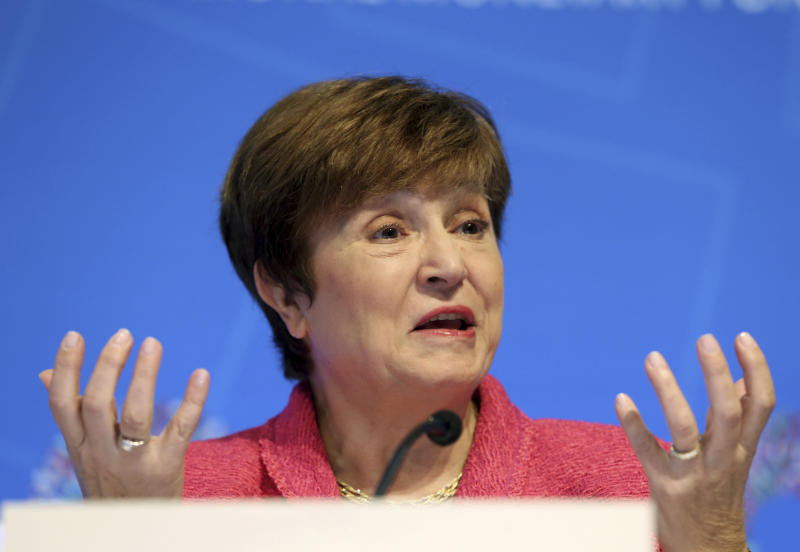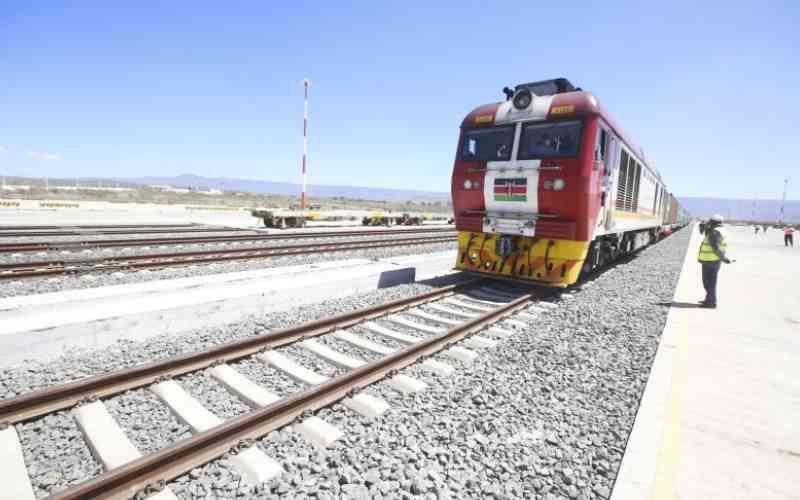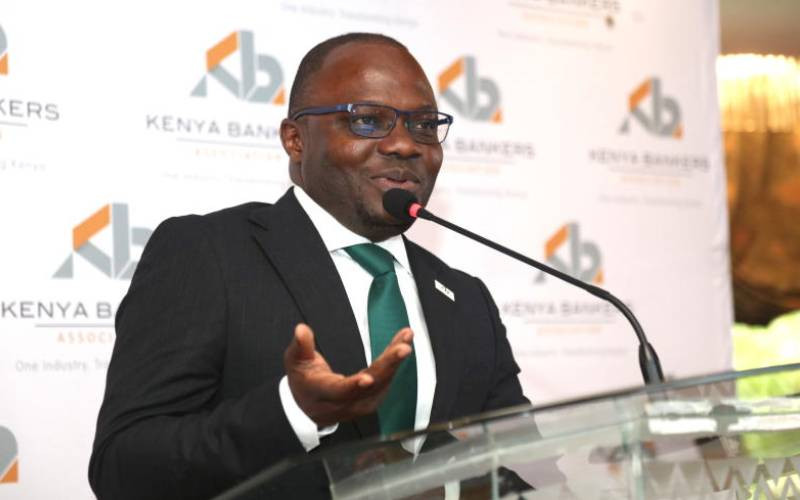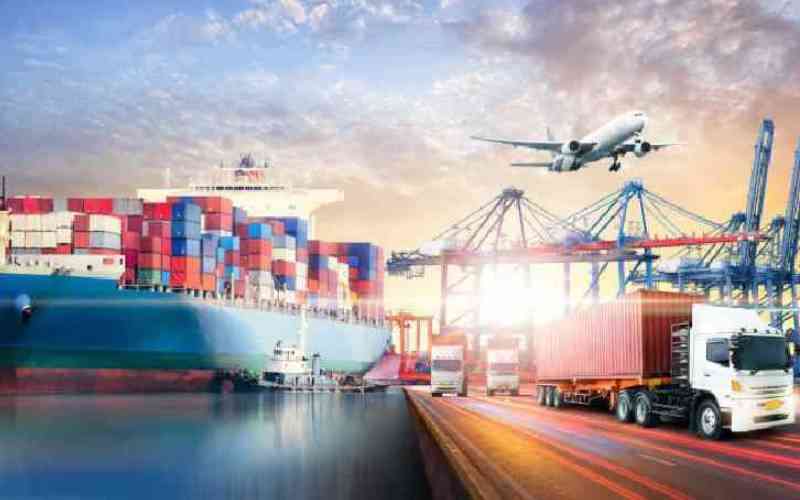×
The Standard e-Paper
Join Thousands Daily

The International Monetary Fund (IMF) has identified 51 projects where Kenya will be expected to invest a Sh248 billion Eurobond loan.
In what are steps clearly aimed at preventing a repeat of the opaque spending of the previous Eurobond loan, the government will be required to spend the money on high-yielding projects aimed at spurring growth and reducing poverty.







